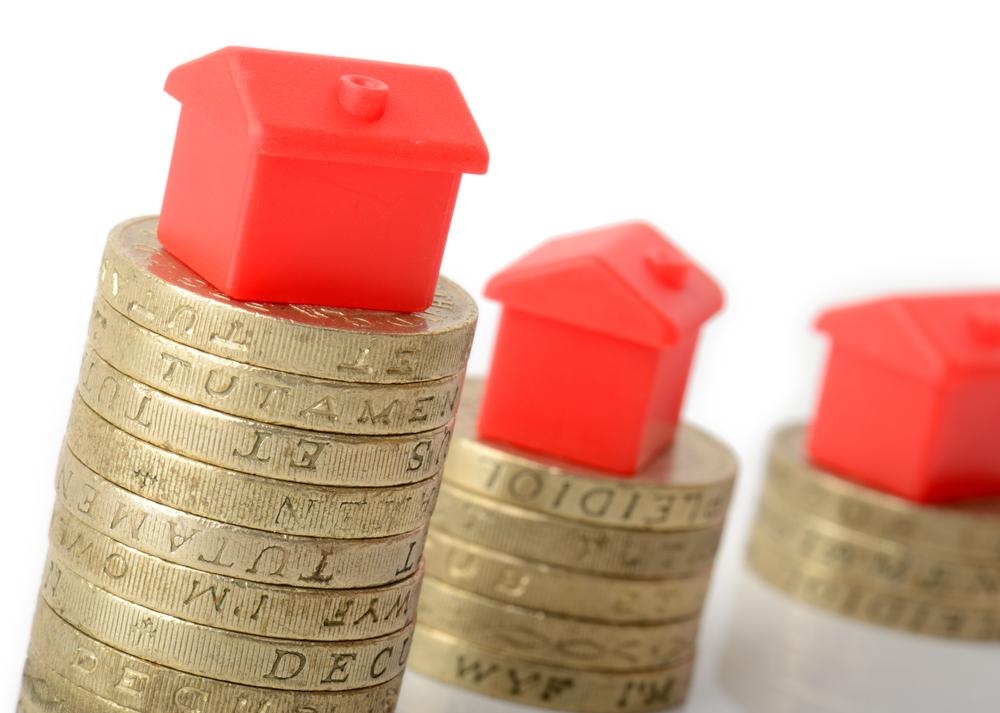 UK house price growth hit a 14-month low in January, with weaker employment growth and inflation likely to weigh on the market in 2017, according to Nationwide.
UK house price growth hit a 14-month low in January, with weaker employment growth and inflation likely to weigh on the market in 2017, according to Nationwide.
Nationwide said that growth was broadly stable in January, although economic uncertainty means the outlook remains “cloudy”.
Its latest House Price Index shows that annual house price growth was 4.3% in January, slightly down from the 4.5% recorded in December.
On a monthly basis house prices rose 0.2% to £205,240, down from £205,898 in December.
Robert Gardner, Nationwide’s chief economist, said: “The outlook for the housing market remains clouded, reflecting the uncertainty surrounding economic prospects more broadly.
“On the one hand, there are grounds for optimism. The economy has remained far stronger than expected in the wake of the Brexit vote. Recent data indicates that the economy didn’t slow in the second half of 2016 and the unemployment rate remained stable at an 11-year low in the three months to November.”
Despite economists forecasting a downturn in the economy this year as the squeeze on household budgets intensifies and heightened uncertainty weighs on business investment, Nationwide believes house prices will edge up slightly.
“With inflation set to rise further in the months ahead as a result of the weaker pound, real wages are likely to come under further pressure. Employment growth is also likely to continue to moderate, should the economy slow as most forecasters expect,” Gardner said.
“We continue to believe that a small rise in house prices of around 2% is more likely than a decline over the course of 2017, since low borrowing costs and the dearth of homes on the market will continue to support prices.”
Jeremy Leaf, north London estate agent and a former RICS residential chairman, said: “Although these figures are quite encouraging bearing in mind they reflect activity in the quieter period for the property market leading up to Christmas, they are also quite historic as they record what happened over the past two or three months.
“What we found at the coalface during that time was a little bit more optimism in the market in terms of sentiment but sadly still not enough supply and not the quantity of buyers that we saw in the early to middle part of last year. The result is a steady, more balanced market where prices are likely to be more sensitive in areas which overheated previously.”
January’s modest rise in house prices comes after the market picked up from its lows around last August.
Figures from the Bank of England have revealed a strong end to the year for the UK mortgage market, despite the increase in stamp duty and uncertainty surrounding the referendum.
The Bank’s Money and Credit report showed that mortgage approvals for house purchases edged up to 67,898 in December – a nine-month high.
This figure is up 10.7% from August’s low of 61,335, but still 7.1% below the January 2016 peak level of 73,091.
Net mortgage lending went up by £3.8 billion in December, slightly up on the £3.2 billion average of the previous six months.
Homeowners continue to take advantage of record low rates by remortgaging.
A total of 47,721 loans for remortgage were approved in December, up from 46,079 the previous month. This took the total value of remortgaging for the month up to £8.2 billion, well above the previous six-month average of £7.5 billion.
Mark Harris, chief executive of mortgage broker SPF Private Clients, said: “Record low mortgage rates are largely responsible for much of the resilience we have seen in the housing market, with many borrowers taking advantage of some of the cheapest rates ever.
“We expect this to continue during the spring with lenders showing encouraging signs of wanting to do business by cutting rates further.
“But not all lenders can compete at the sharp end of pricing so others are continuing to look at areas where there is demand and the risk/reward ratio is acceptable to them, which may mean a welcome tweaking of criteria instead.”




